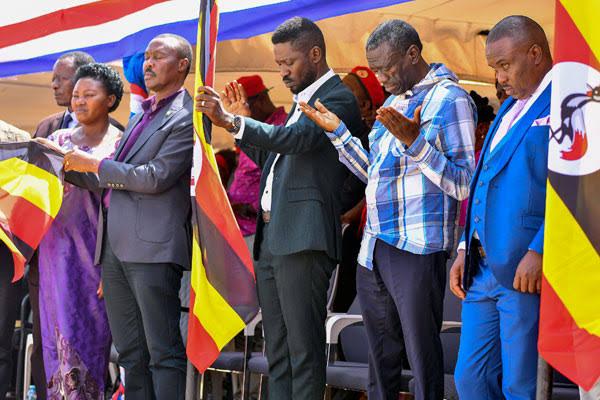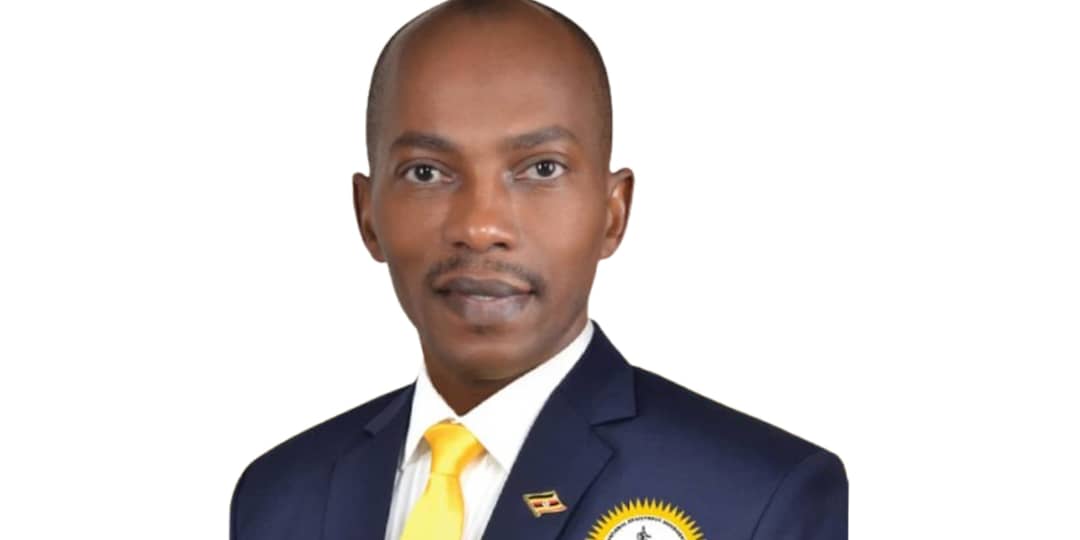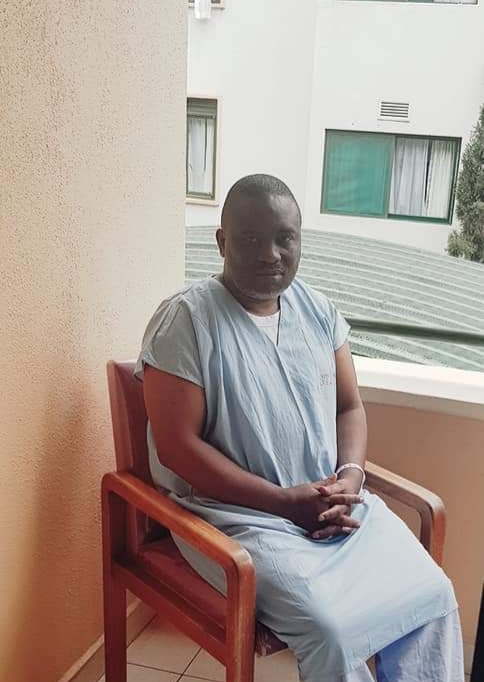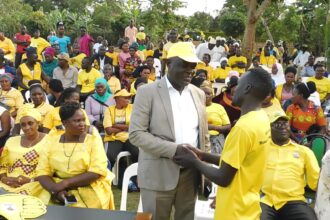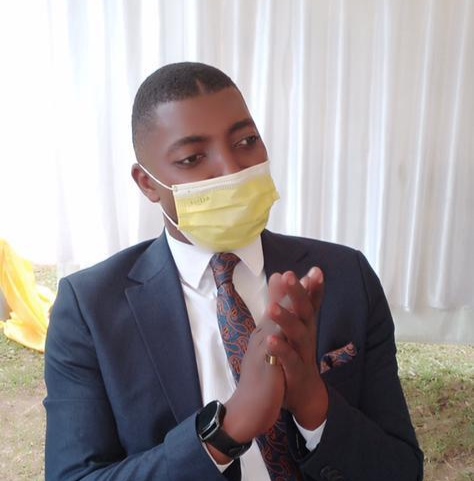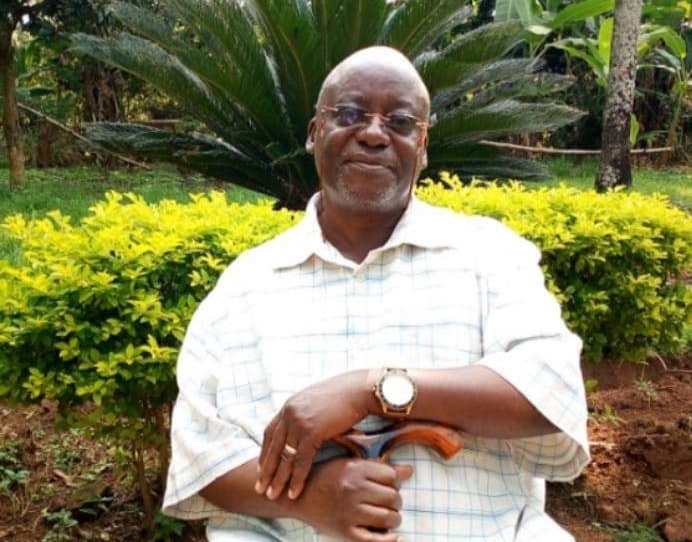As we near the 2026 general elections, the political scene is getting busier, with around seven new political parties being formed and only awaiting to be cleared by the Electoral Commission, with several others rebranding and recruiting to gain momentum for the upcoming elections.
The move has been welcomed with skepticism because there have already been a number of political parties that have not yielded any results towards the goal of challenging the 40-year National Resistance Movement regime.
In total, Uganda has about 33 political parties, but most of them are inactive and have no influence in the nation’s politics, deeming them of little or no value.
Is the NRM too strong, or are the opposition parties too weak? We tackle some of the reasons why there are many political parties coming up.
Leadership rivalries: New political parties have come up as a result of the top party leaders having disagreements on how their former parties have been run.
For example, the People’s Front for Freedom and the Common Man’s Party, whose leaders all came from the Forum for Democratic Change after they disagreed on certain issues, hence forming their own platforms or political parties.
Opposition Breakdown: The opposition is not firm enough to withstand challenges because the people forming new political parties allege that the ruling party, NRM, has in a way infiltrated their internal system, shifting the cause to then serve the regime. This is what some believe as having gotten them out of the Democratic Party and the FDC.
There’s an argument that the opposition leaders secretly hold meetings with the NRM and are only masquerading during the day, but are servants to the ruling party.
NRM Shoot-offs: Because the Yellow Movement has only had one leader ever since its inception, many people have come out to challenge that but haven’t succeeded with their plans, so some people believe that these people have come out to form their own platforms.
Financial Support: According to the Electoral Commission, the Political Parties and Organizations bill of 2025 indicates that the central government has to support the political parties. Many people believe that the political parties are forming in order to benefit from the financial support provided by the government.
Previously, the support has been going to the political parties that have Members of Parliament representation, and they have been sharing about 32 billion shillings annually.
So with the new amendment, all the registered parties will be getting some financial aid to run some of their activities. So it’s not surprising that some opportunists are already looking forward to this money.
Weak Opposition Political Parties: Some players believe that the current opposition political parties have not stood up to the task, and so they believe that their time is up and it is now their time to step up and take up the mantle in leading Uganda to the promised land.
Parties like DP, FDC, UPC, and NUP have been in the opposition for over 40 years, but with nothing to show for the struggle, leaving a void and a need for new platforms to come up, taste the political waters’ depth, and see if they can open a new chapter.
However, the new political platforms are under public scrutiny to see if there is something new they bring to the scene or if it’s the same old story of old wine in new bottles, and we highlight some of the challenges faced below:
Lack of ideology: The majority of these new platforms are briefcase organizations with no direction or gut, and yet political parties are built on ideas, and even those that join them do so based on the ideology. Uganda has over 30 political parties, but less than 10 are the ones that are actively involved in the country’s politics.
With no clear agenda, they will soon be lost, just like a ship with no compass, and will soon vanish. Their only issue is H.E. Yoweri and nothing more, only insulting him instead of providing solutions to the problems and the many issues pressing Ugandans.
The opposition is supposed to provide alternatives to the regime, but in the case of Uganda, it is different; politics is built around insults, extreme criticism, and nothing more.
Limited Resources: The new parties barely have funds to run their day-to-day activities, only surviving on donations and their proprietors, which can’t guarantee sustainability with no clear sources of income.
If you compare, for example, the NRM with over 300 Members of Parliament that subscribe to it and the IPOD money, where they have been sharing over 17 billion shillings annually, which sets it apart from all the other struggling entities being unveiled.
Authoritarian context: Having transformed the National Resistance Army into a movement, the ground cannot be levelled for all actors. Opposition has already been banned from public gatherings, and many have been met with arbitrary arrests; political prisoners are still being detained from the 2021 elections, and civilians are being arraigned in martial courts, so it won’t be easy to navigate through such a terrain.
Uganda’s problems are not political parties; the country has several other issues like the high level of unemployment, no rule of law, a broken health system, corruption, to mention but a few, which require the involvement of all citizens and not dividing them into parties and colors.
Do you have a story in your community or an opinion to share with us: Email us at Submit an Article



